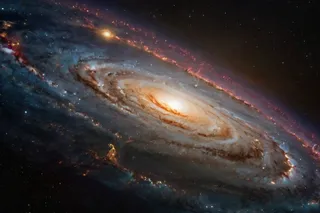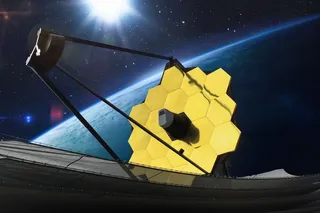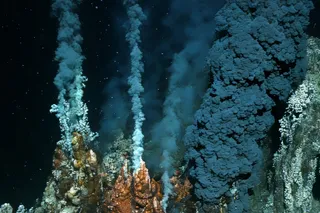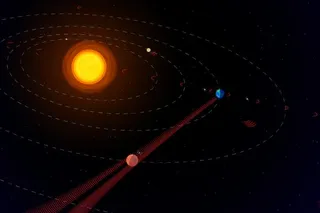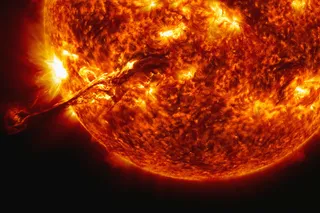Traveling to and exploring space is an obviously dangerous venture. Astronauts launch with the full knowledge that they may not return, and future missions that stretch farther out into the solar system will be even riskier. Deep-space travel could even cause significant gastrointestinal (GI) damage to astronauts, according to one new study.
Researchers at Georgetown University Medical Center (GUMC) have exposed mice to radiation to simulate how galactic cosmic radiation (GCR) in deep-space will affect future astronauts. Their results suggest that the radiation could cause serious GI damage. Their study even raises concerns about how this radiation could possibly cause stomach and colon tumor growth. “Space radiation is different from radiation on Earth,” says Kamal Datta, an associate professor in the Department of Biochemistry and a project leader of the NASA Specialized Center of Research (NSCOR) at GUMC. Currently, “what we don’t know is how space radiation affects the gastrointestinal ...






